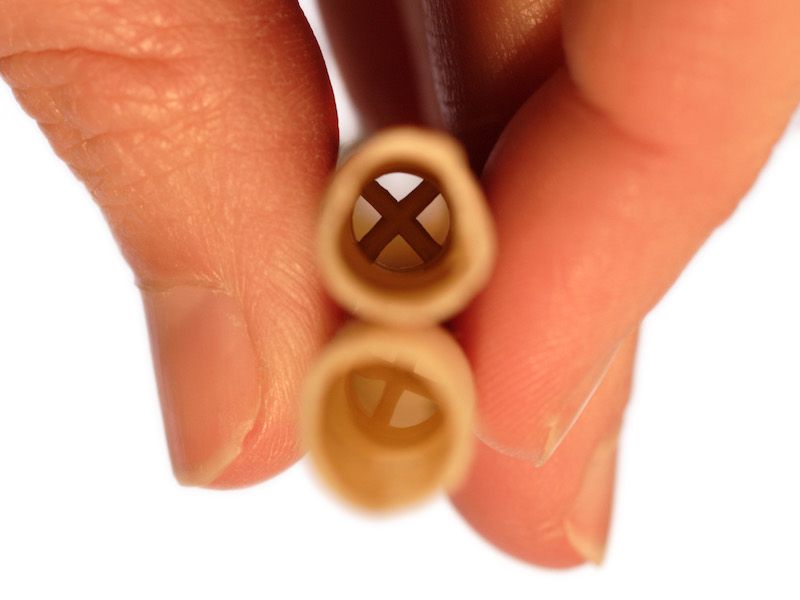
There’s a lingering idea in some groups that a practice known as “ear candling” is an effective way to reduce your earwax. Does ear candling work and what is it?
Do Earwax Candles Work?
Spoiler alert: No. They absolutely don’t work.
Why then, does this piece of pseudo-science keep burrowing its way into the heads of otherwise logical people? It’s difficult to say with much accuracy. But even though the logical decision is quite clear, understanding more about the risks of earwax candling will help us make an informed choice.
Earwax Candling, What is it?
So here’s the basic setup: Perhaps you have an excessive amount of earwax and you’re not quite certain how to eliminate it. You know you aren’t supposed to use cotton swabs (which is good, cotton swabs are not an ideal way to clear out your ears, in general). So, after doing some research, you find a method known as earwax candling.
Here’s how earwax candling purportedly works: You create a pressure differential by shoving the candle into your ear, wick side out. The wax inside of your ear, then, is pulled outward, towards the freedom of the open world. Theoretically, the pressure differential is enough to break up any wax that may be log-jamming in your ear. But cleaning your ears like this can be dangerous.
Why Doesn’t Ear Candling Work?
This practice has several issues, like the fact that the physics just don’t work. You would need a considerable amount of pressure to move earwax around and a candle just isn’t capable of generating that amount of pressure. Also, a candle doesn’t have the sort of seal necessary to hold pressure.
Now, there are supposed to be special candles used in this “procedure”. When you’re finished with your fifteen minutes of ear candling, you can break up the candle and, in the middle, see all bacteria, debris, and wax that had previously been in your ear. But the problem is you can find this same material in new unburned candles too. So this “validation” is actually nonsense.
Scientific analysis has never been able to prove any benefit associated with earwax candling.
So we Know Ear Candling Doesn’t Work But is it Dangerous?
What’s the harm in trying, right? Well, you’re looking for trouble anytime you get a hot candle near your ears. You may be ok if you try earwax candling. People do it all of the time. But there are certainly risks involved and it’s definitely not safe.
Here are some negative impacts of ear candling:
- You could cause significant damage when you play around with an open flame and possibly even put your life in danger. You wouldn’t want to burn your house down, would you? Eliminating a bit of earwax isn’t worth that amount of risk and danger.
- Your ear can be seriously burned. When melted candle wax goes into your ear, it can result in severe hearing issues and burns. This could permanently compromise your hearing in the most severe cases.
- Candle wax can also clog your ear canal once it cools down. This can cause temporary hearing loss or, in the most serious cases, require surgery.
You Don’t Require a Candle to Clean Your Ears
Most people will never actually need to be concerned about cleaning earwax from their ears. That’s because the human ear is basically a self cleaning system. Nevertheless, there are certain people who will have uncommonly heavy earwax production or accumulation to deal with.
If you do need to clean out your ears because of too much wax, there are scientifically-proven (and effective) ways to do that properly. For example, you could use a fluid wash. Or you could see a professional who will be able to use specialized tools to get extra wax or wax blockages out.
Cotton swabs are definitely a no-no. And you should also avoid using an open flame to clear out earwax. Earwax candling is a technique that has no advantage and will put your ears, and your whole person, at significant risk of injury and damage. So perhaps it’s time to put those special candles away.